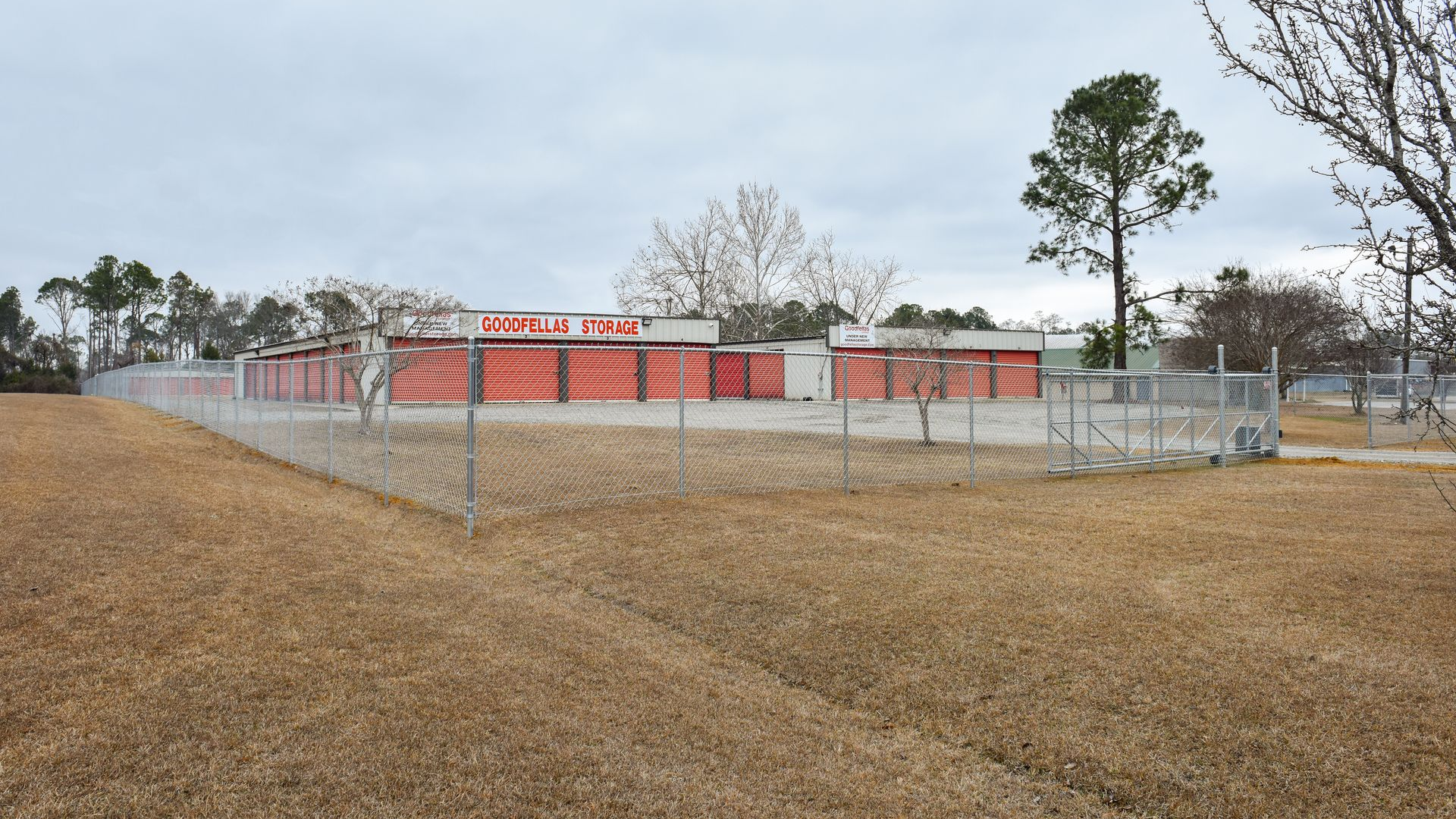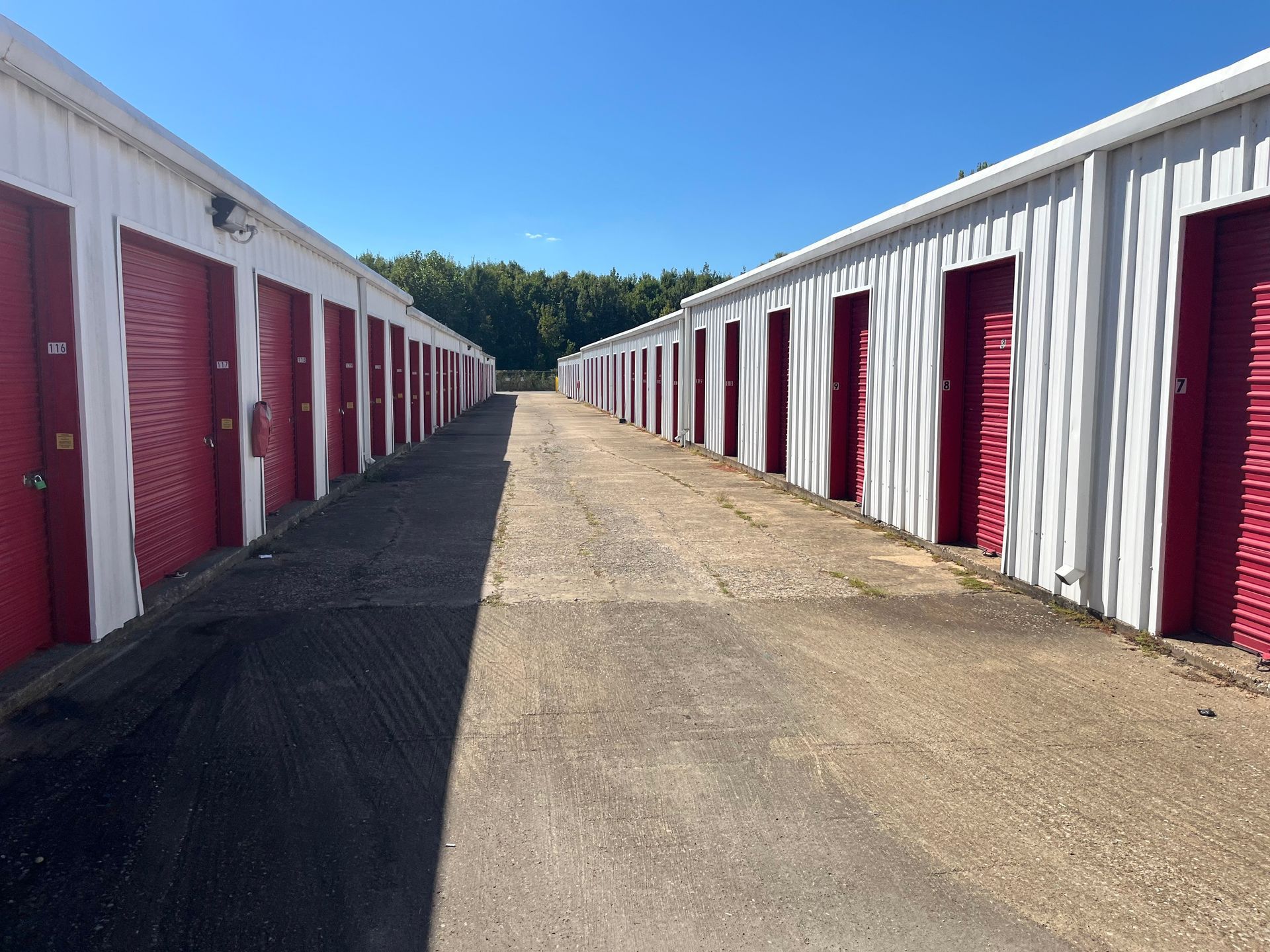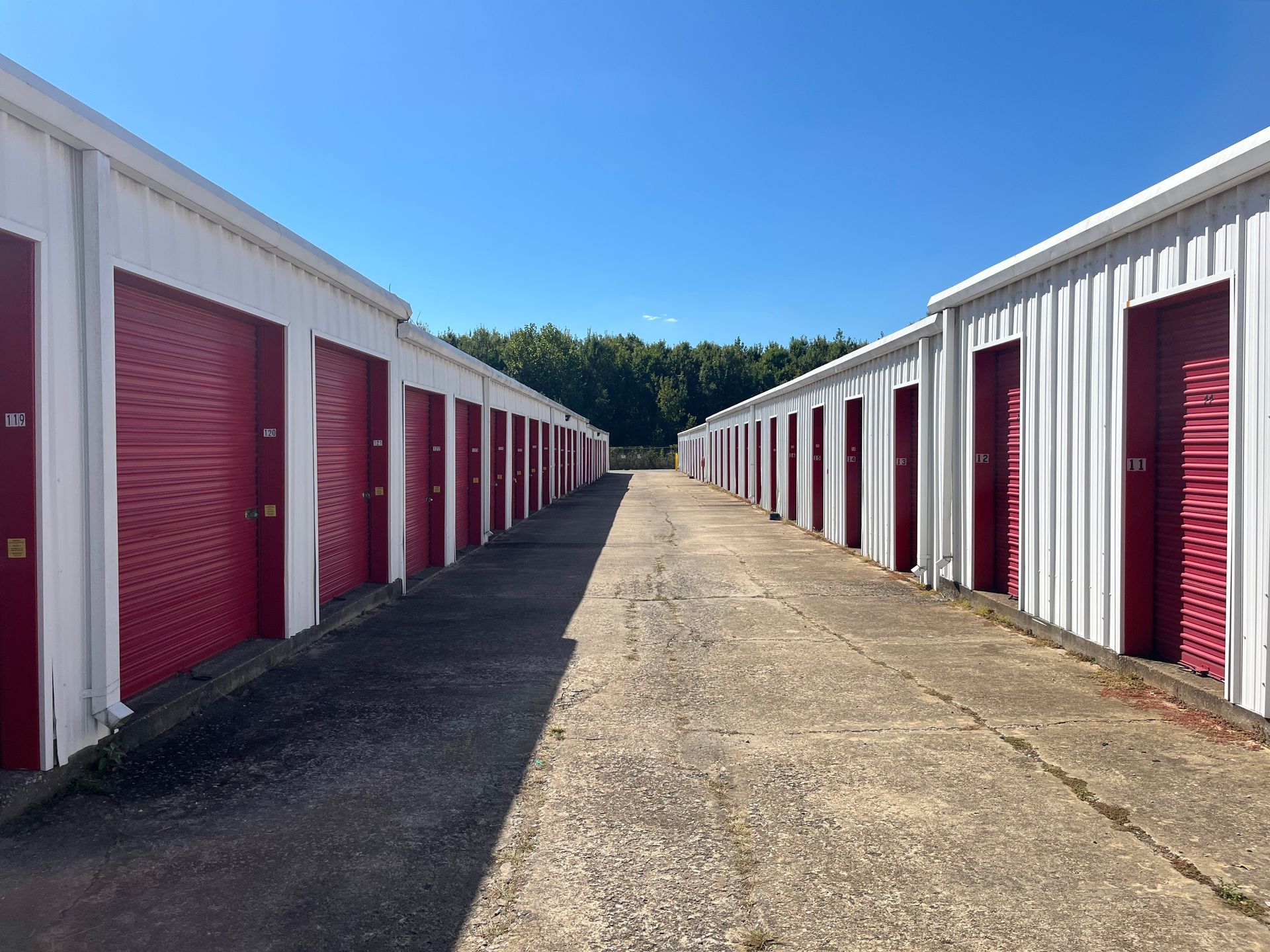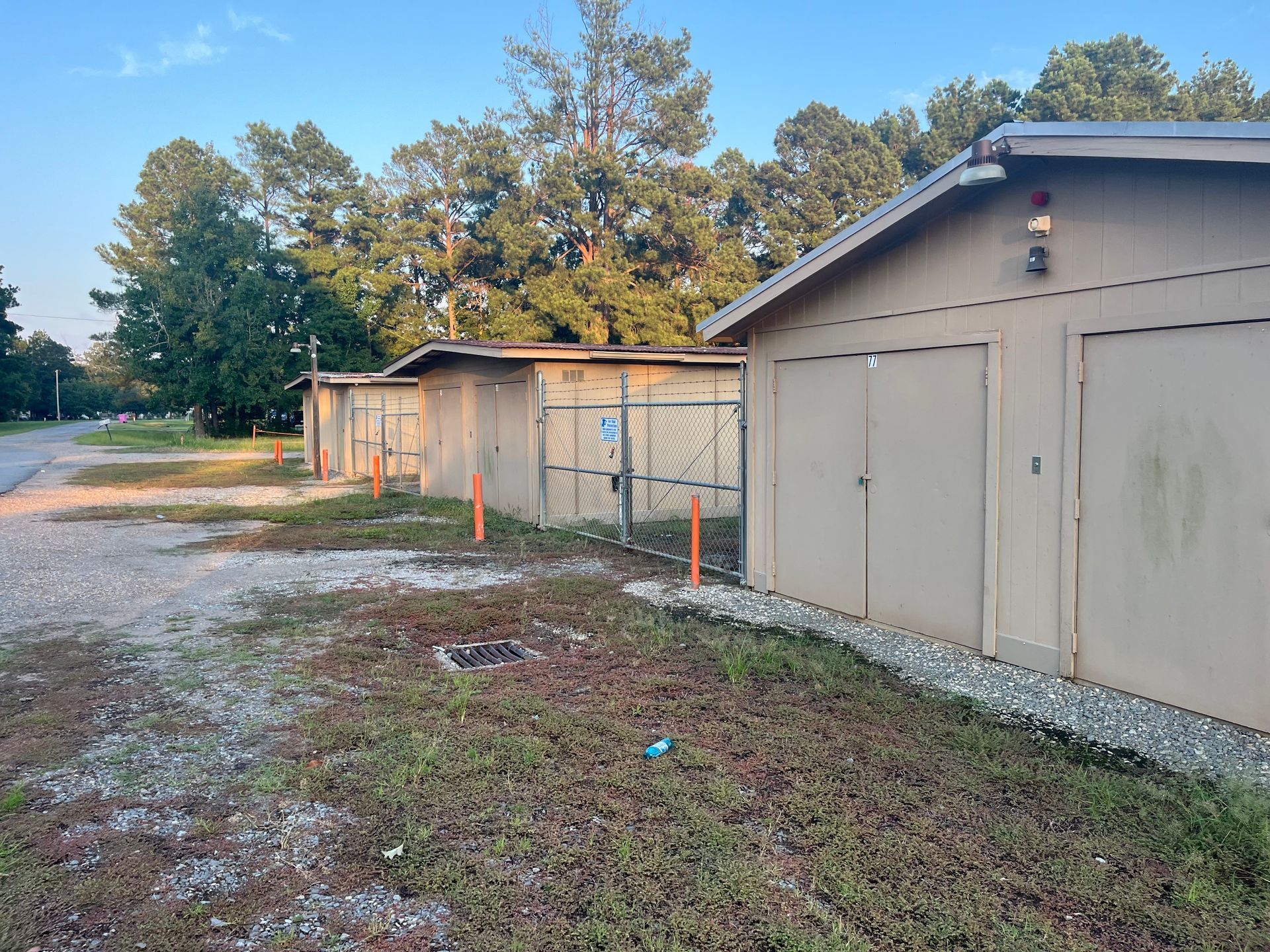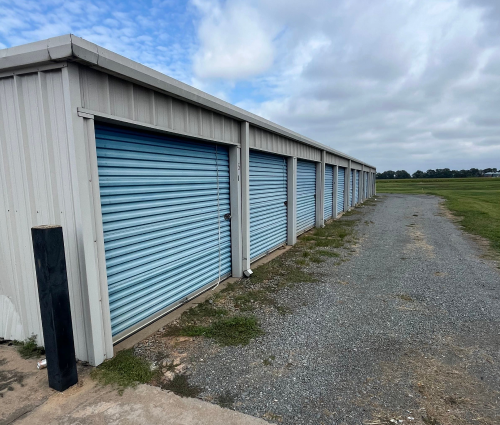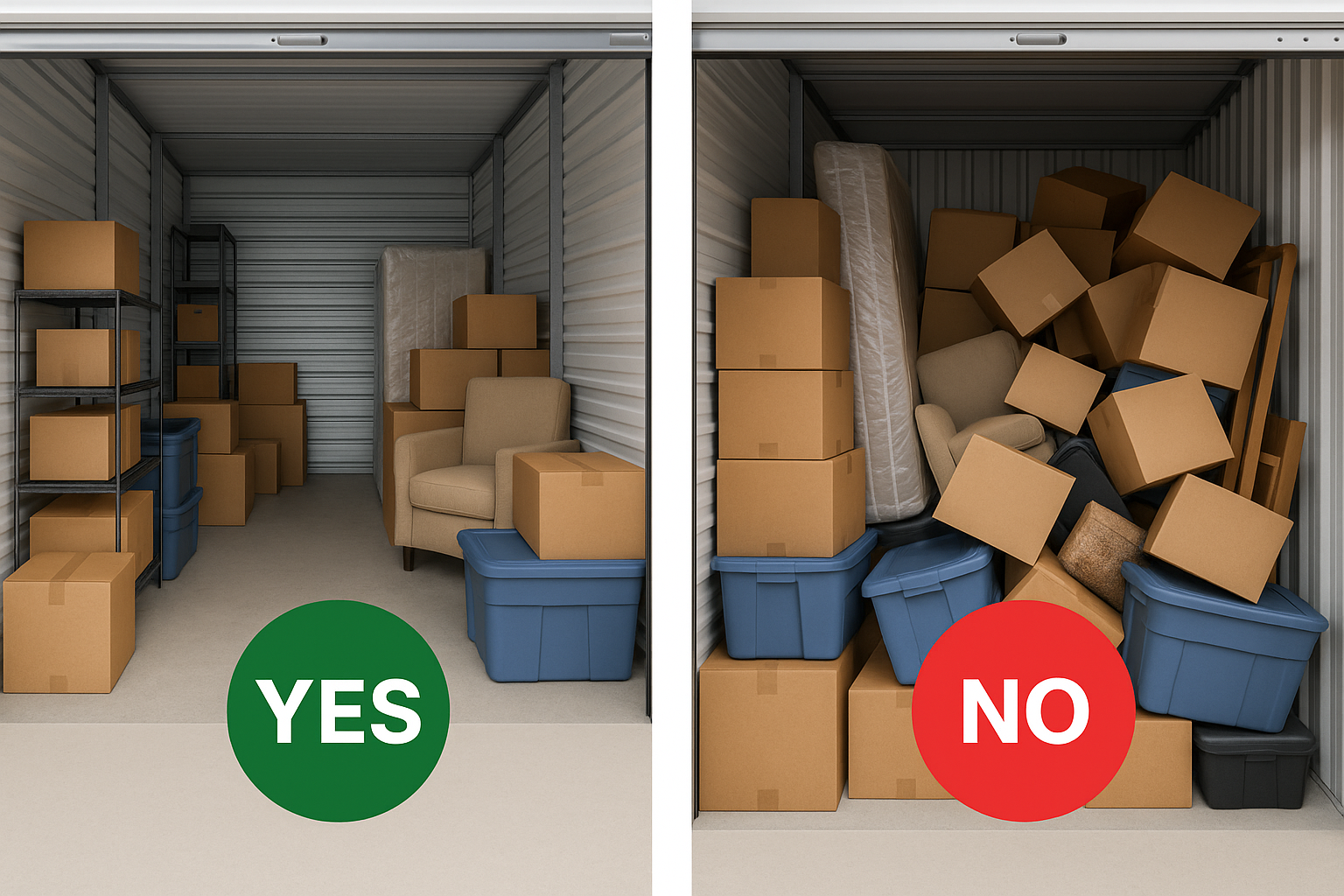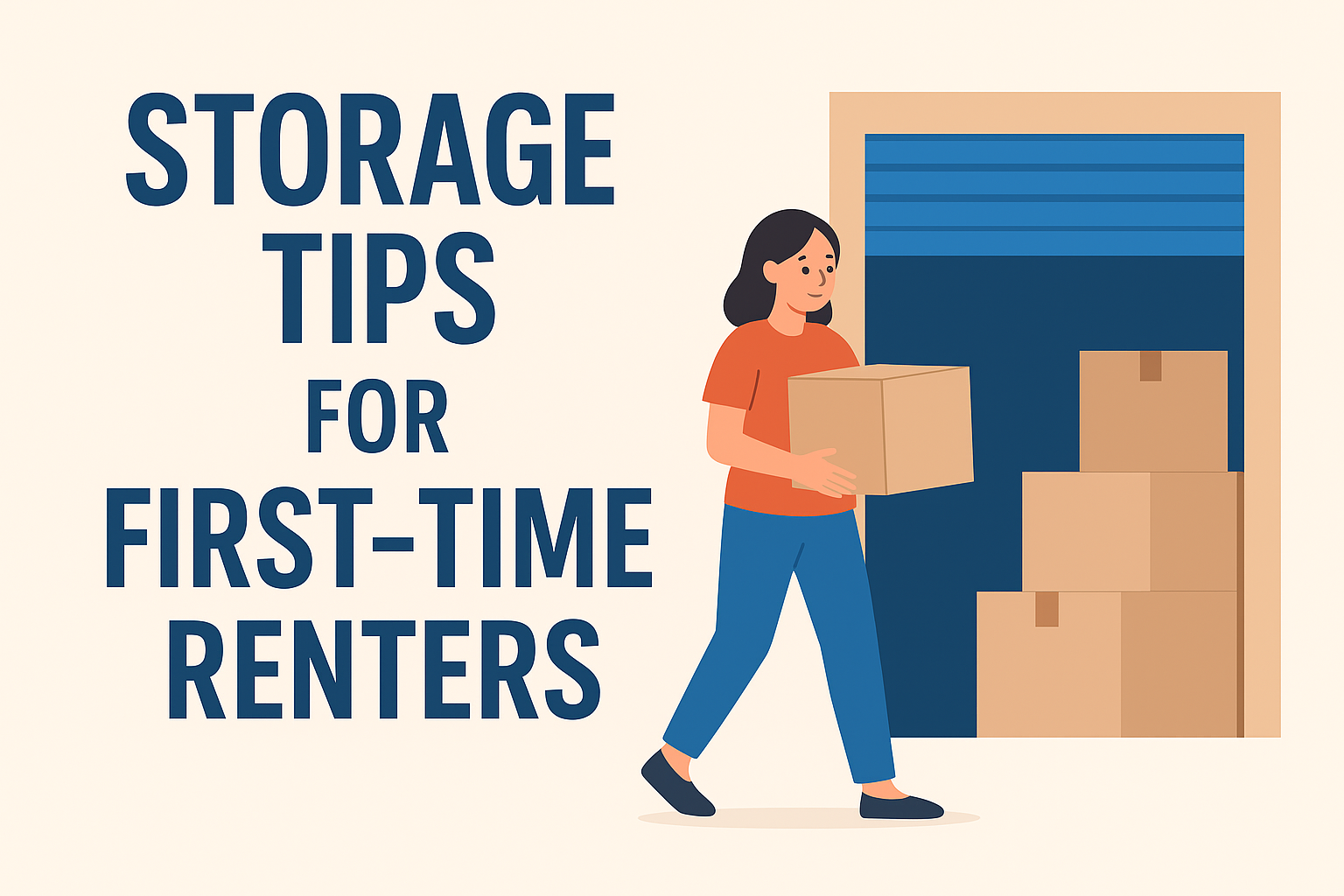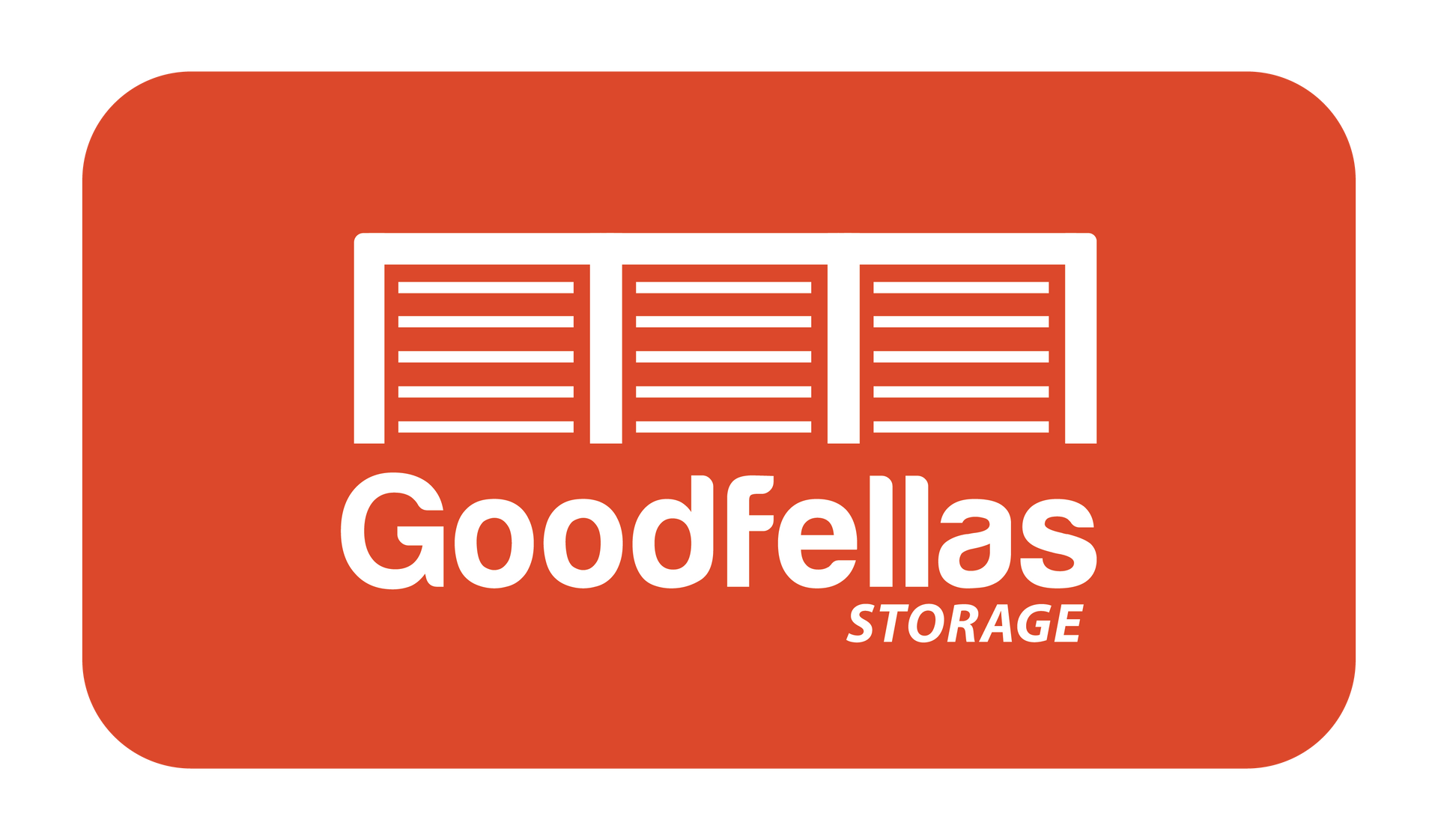Short-Term vs Long-Term Storage: What You Should Know
Understanding the Key Differences Between Short-Term and Long-Term Storage to Choose the Right Solution for Your Needs

When it comes to storing your belongings, whether during a move, renovation, or simply decluttering your home, choosing the right storage option is crucial. One of the most common questions people face is: Should I opt for short-term or long-term storage?
Understanding the differences between short-term and long-term storage will help you save money, protect your valuables, and make the entire process smoother. In this comprehensive guide, we'll explore everything you need to know about short vs long term storage — from pricing and unit sizes to security and access.
What Is Short-Term Storage?
Short-term storage typically refers to renting a storage unit for a few days up to a few months. This option is ideal for temporary situations such as:
- Moving between homes
- Home renovations
- Temporary downsizing
- Seasonal storage needs (e.g., holiday decorations, winter gear)
- Storing items during travel or deployment
Benefits of Short-Term Storage
- Flexibility: Short-term storage contracts usually have no long-term commitment, often billed month-to-month.
- Quick Access: Many facilities allow frequent access to your unit, even daily.
- Lower Upfront Cost: Since you’re only renting for a short period, your initial expenses are lower.
When to Choose Short-Term Storage
If you’re expecting to retrieve your belongings within a few weeks or months, short-term storage is usually the best fit. For example, if you are renovating your home and need to clear furniture for a few months, short-term storage provides the convenience and flexibility you need.
What Is Long-Term Storage?
Long-term storage is typically renting a unit for six months, a year, or even longer. This option suits people who want to store possessions they don’t currently need but want to keep safe and accessible.
Benefits of Long-Term Storage
- Cost Savings: Many storage facilities offer discounted rates or incentives for long-term renters.
- Secure Environment: Long-term renters often choose climate-controlled units or higher security features to protect valuable or sensitive items.
- Convenience: Knowing your belongings are safely stored for the foreseeable future reduces stress.
When to Choose Long-Term Storage
Long-term storage works well for those relocating overseas, storing heirlooms, or managing excess household items during downsizing or estate planning. It’s also great for businesses storing inventory or equipment not needed daily.
Key Differences Between Short-Term and Long-Term Storage
Short-term storage is typically used for durations ranging from just a few days up to a few months, whereas long-term storage usually involves commitments of six months to several years. Pricing structures differ as well; short-term storage is generally billed month-to-month without discounts, offering greater flexibility, while long-term storage often comes with discounted rates for extended contracts, though it usually requires a longer commitment.
In terms of unit options, short-term storage mostly offers standard drive-up access units for convenience, while long-term storage may provide more specialized options such as climate-controlled units and enhanced security features. Access frequency also varies: short-term renters usually have frequent, sometimes daily access to their units, whereas long-term storage access may be more limited depending on the facility’s policies.
Finally, the typical use cases differ — short-term storage is ideal for temporary needs like moving, home renovations, or short projects, while long-term storage is better suited for safeguarding valuables over time, storing business inventory, or keeping belongings during extended life transitions.
How to Choose Between Short-Term and Long-Term Storage
Here are some questions to ask yourself:
- How long do I need the storage unit? If it’s less than 3 months, short-term storage is ideal.
- What items am I storing? For sensitive or valuable items, consider climate control, which is more common in long-term storage.
- How often do I need access? Short-term usually allows more frequent access.
- What is my budget? Long-term contracts can lower your monthly rate but require upfront commitment.
Storage Unit Sizes for Every Need
Choosing the right storage unit size is critical to avoid overpaying or running out of space. Here’s a quick size guide:
- 5x5 units: Perfect for boxes, seasonal items, or small furniture.
- 5x10 units: Great for a studio apartment or small office.
- 10x10 units: Can fit contents of a one-bedroom apartment.
- 10x15 units: Suitable for a two-bedroom apartment.
- 10x20 units: Large enough for a three-bedroom house.
- 10x30 units: Ideal for larger homes or business inventory.
For detailed advice, check out our Size Guide to find the perfect fit for your belongings.
Security and Tenant Protection Plans
Whether you choose short-term or long-term storage, protecting your items is paramount. Look for facilities that offer:
- 24/7 Video Surveillance
- Electronic Gate Access with Personalized Codes
- Well-Lit Premises
- On-Site Staff or Regular Patrols
Additionally, consider enrolling in a Tenant Protection Plan, which provides insurance coverage in case of theft, damage, or natural disasters. Our Tenant Protection Plans offer peace of mind no matter your storage duration.
Climate-Controlled Storage: When Is It Necessary?
Climate-controlled units regulate temperature and humidity, protecting delicate items like electronics, artwork, antiques, musical instruments, and important documents.
- Short-Term Use: If storing sensitive items temporarily during a move or renovation, climate control is beneficial.
- Long-Term Use: For extended storage of valuables, climate control is highly recommended to prevent damage.
Costs: What to Expect
Storage pricing varies widely by location, unit size, and features. Generally:
- Short-Term Storage: Higher monthly rates due to flexibility and convenience.
- Long-Term Storage: Discounts available for extended contracts, making it more economical over time.
Always ask about fees such as administration, security deposits, or late payment penalties before signing a contract.
How to Prepare Your Items for Storage
Proper preparation ensures your belongings stay in excellent condition:
- Clean Everything: Dirt and moisture can cause mold and pests.
- Use Quality Packing Materials: Sturdy boxes, bubble wrap, and furniture covers.
- Label Boxes Clearly: Helps quick identification and access.
- Disassemble Large Items: Saves space and reduces damage risk.
- Store Heavy Items on Bottom: Prevent crushing lighter, fragile items.
Accessing Your Storage Unit: What to Expect
- Short-Term Storage: Most facilities allow 7-day, 24/7 access.
- Long-Term Storage: Access may be limited to office hours, depending on security.
Check your facility’s access policy before renting.
Why Goodfellas Storage Is Your Best Choice Nationwide
At Goodfellas Storage, we understand the importance of choosing the right storage solution for your needs. Our nationwide facilities offer:
- A variety of unit sizes tailored for both short and long-term storage
- Climate-controlled options for sensitive items
- Advanced security features including electronic gate access and video surveillance
- Flexible lease terms with no hidden fees
- Tenant Protection Plans to safeguard your belongings
Visit our Locations page to find a Goodfellas Storage facility near you or contact us directly via our Contact page to discuss your specific storage needs.
Frequently Asked Questions (FAQs)
Q: Can I switch from short-term to long-term storage?
A: Yes! Most facilities allow you to extend your rental or switch to a long-term contract easily.
Q: Are there penalties for ending short-term storage early?
A: Typically no, but always review your contract terms.
Q: How secure are storage facilities?
A: Facilities like Goodfellas Storage prioritize security with gated access, cameras, and on-site management.
Q: Can I store vehicles or boats long-term?
A: Many facilities offer outdoor parking or specialized units for vehicles and boats. Check availability at your local Goodfellas Storage.
Final Thoughts
Choosing between short-term and long-term storage depends on your unique circumstances. Whether you need flexibility for a few weeks or a secure space for months or years, understanding the differences ensures you get the best value and protection for your belongings.
To explore your options and get expert advice, visit our Size Guide, review our Tenant Protection Plans, or reach out on our Contact page. With Goodfellas Storage, your peace of mind is our priority.
Ready to find your perfect storage solution?
Explore our Locations today and reserve your unit!


